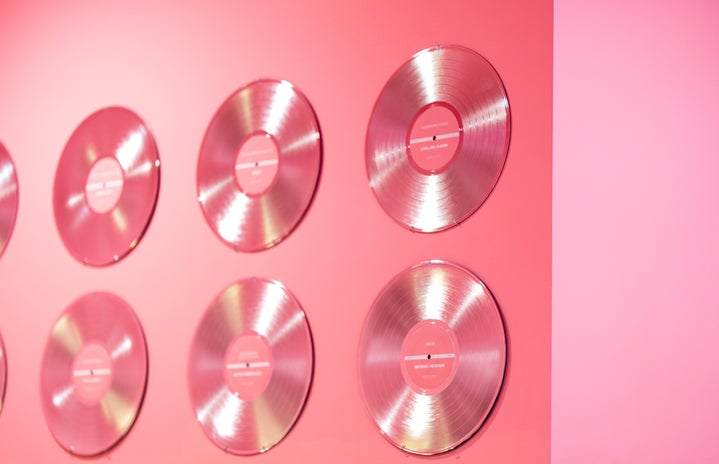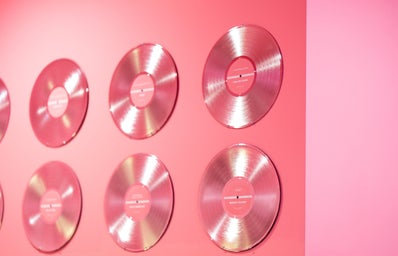What does it take to be a DJ?
If I were to ask you this, perhaps you’d say it’s about having a harmonious ear for music, possessing the necessary technical skills, or even understanding and playing for the rhythms of the crowd. Regardless of what you would have said, all of these tropes carry no associated gender with them, yet in this supposedly ‘progressive’ day and age, only 13% of the world’s DJs are female. The microcosm of techno, house and drum and bass music is quite literally out of sync with the needs of its female appendages. Although women are beginning to burgeon in this community, the DJ industry is still saturated with men and misogyny, moving at a slow tempo on a long track towards gender equality.
You may be familiar with the term ‘breaking the glass ceiling’, a phrase that metaphorically represents the struggles of women to excel in a society riddled with gender inequality. The music industry is just like any other social institution, so it would be naive to think that such universal issues are not affecting our female DJs.
There’s an archaic stereotype that DJing was a man’s world. I argue that such a belief is still somewhat withstanding today. A 2021 IMS Business report was drawn up by collating data from DJ Mag’s annual ‘Top 100 DJs’ list, showcasing some of the world’s most acclaimed figures in this community. Of this list, only 13 women were named. Before fixating on this negligible statistic, it’s important to note that 5 of these women are newcomers to the industry, and that female presence in this report has almost doubled since 2019. Although these figures denote progress, gender representation in the DJing industry is still excessively imbalanced. As the report further elaborates, women unjustly account for 10% of performers at music festivals, 4% of DJs in demand globally and only 2% of the world’s producers.
Now, I assume that this is not because male hands are more sensitive to the EQ controls or volume faders, so what is causing this disparity? As the figures reveal, in this conspicuously male-dominated, polarised industry, the most prevalent DJs worldwide are men. In today’s insatiable capitalist society, event organisations (that also unsurprisingly possess a prevailing male demographic) want the biggest names at the biggest venues to generate the biggest profit. Subsequently, this means that club owners and promoters biasedly employ even more men, perpetuating this vicious, misogynistic cycle. This not only closes the door to female DJs, but kicks down any ladder they could have used to climb up into stardom.
Despite this, the positive statistical incline of DJ Mag’s report is still cause for celebration. Female representation is ascending and outmoded beliefs of feminine incongruity within the DJing community are slowly but surely being abolished. Launching this long-standing battle for gender equality is Annie Nightingale. Making history as the first female DJ on BBC Radio 1, Annie symbolised a new wave of innovation and inclusivity. In fighting for change, Nightingale argued for the importance of female presence on radio, allowing women to be inspired by the music they hear as well as broadcast their own work. Regarded as one of the greatest pioneers for women in music, Annie paved the way for women to be taken seriously in this industry. Upholding and augmenting her legacy is Peggy Gou. Defined by Bora Magazine as ‘the hottest female DJ in the world right now, Peggy’s success bears an infinite scope. From headlining international events to initiating her own festival, ‘Pleasure Gardens’, Gou’s success takes her around the globe. Framing the future for women in music, when asked what it’s like to be a female DJ in an interview with Vogue, her reply was simple: “why do you have to put the female in front of it?’ That distinction should be unnecessary”.
The image of the DJ is rapidly evolving. In raising awareness of these gender disparities, women will receive the required support, empowerment, and recognition that they deserve to change the face of this community. By mixing up the charts, scratching away the patriarchy and loading up the next track for equality, the rise of the female DJ will prevail.


